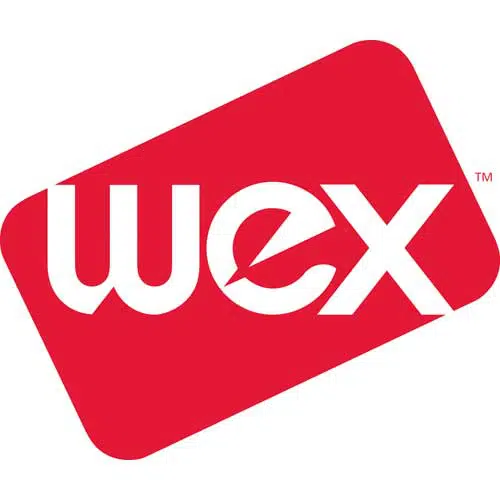The Covid-19 pandemic, which is surging again in many parts of North America, has proven to be a tipping point for digital business payments, says a white paper released Monday from WEX Inc., a provider of payment technology for fleet operators and travel and health-care businesses.
Of the 308 senior executives in the financial-services and technology sectors in the United States, 72% are more digitally agile than before the pandemic and 83% have leveraged payment technology to innovate new sources of business value, the report says.
Innovations respondents say they are pursuing include e-billing and e-invoicing, real-time fraud detection, and reduction of fees by optimizing processing times.
In addition, 42% of respondents say they see the need to modernize their technology platforms for their customers as a post-pandemic priority. The chief reason is that legacy processes and platforms typically don’t perform as well in a work-from-home environment.

Improving end-customer supplier payments solutions is another priority, as 72% of respondents agree their company needs to do this quickly to outpace the competition.
“Covid-19 transformed the world of work as we know it, and businesses had no choice but to adapt,” Jay Dearborn, president of WEX Corporate Payments, says in a prepared statement. “In many ways this was a forced transition, but we’ve found that, among our customers and partners, those that are recovering fastest already had a culture of digital transformation instead of relying on legacy processes. Additionally, we are seeing an increased focus on efficiencies and value creation, both from companies making payments and suppliers receiving them.”
In related news on the consumer front, the U.S. Payments Forum has released new resources to help payment processors, providers, and merchants improve the contactless payment experience at the point of sale, secure online channels against card-not-present fraud, and accelerate the adoption of contactless, open payments in transit. The resources are part of the U.S. Payments Forum’s education efforts.
The CNP fraud-mitigation techniques were developed to provide merchants, issuer processors, payment-service providers, and merchant processors and acquirers with ways to reduce fraud for e-commerce transactions and show them how to evaluate which fraud-prevention solutions will benefit them most. Some of the fraud-mitigation techniques addressed are multifactor authentication, fraud scoring, transaction alerts, and address verification.
Resources for improving the in-store contactless payment experience for consumers include guidance on how to place limits on transaction value or cardholder verification methods when processing EMV contactless transactions in the United States. Understanding how to implement value limits is important, because these caps can lead to varying consumer experiences and cause confusion, the Forum warns.
The Forum’s resources for accelerating adoption of open payments in transit are intended to help transit agencies promote the use of contactless, open payments in their markets using clear customer messaging. Guidance for best communications practices by implementation and media channel and examples of current communications from transit agencies, payment networks, and mobile-wallet providers is available.
“There has been an incredible amount of change in the payments space this year in response to Covid-19, and the U.S. Payments Forum responded by prioritizing the emerging needs of the industry,” Randy Vanderhoof, director of the Forum, says in a prepared statement. “The new resources are a result of these efforts and address implementation considerations for cardholder experience and fraud mitigation that are industry priorities.”





